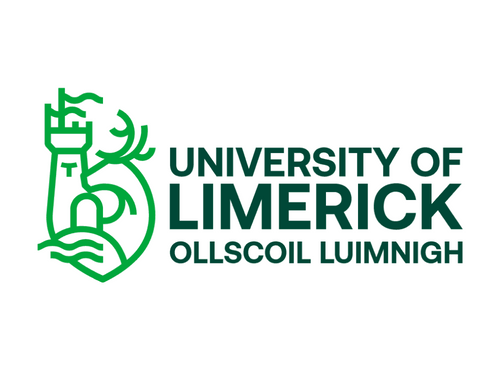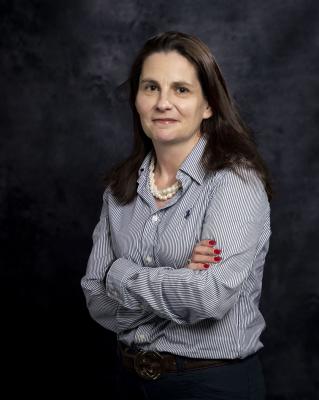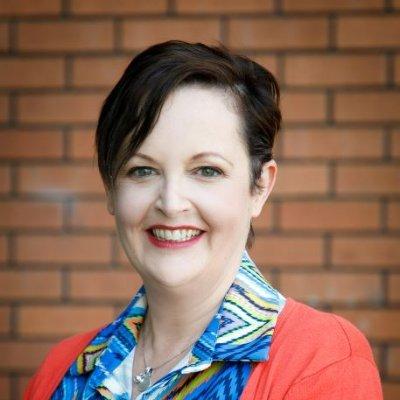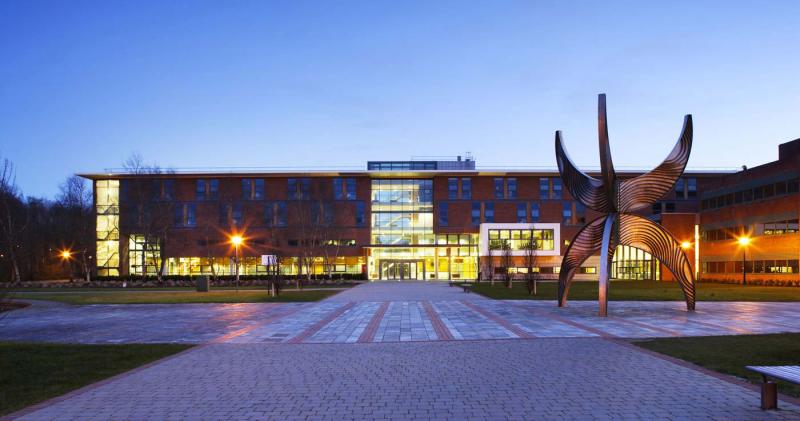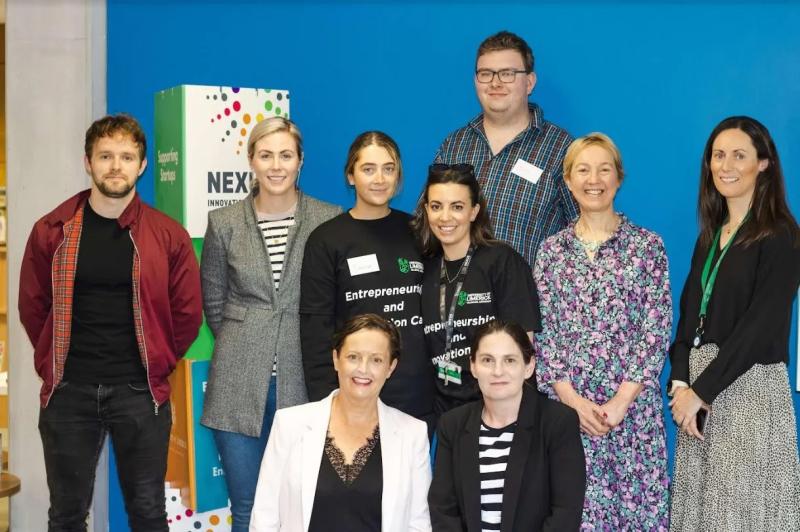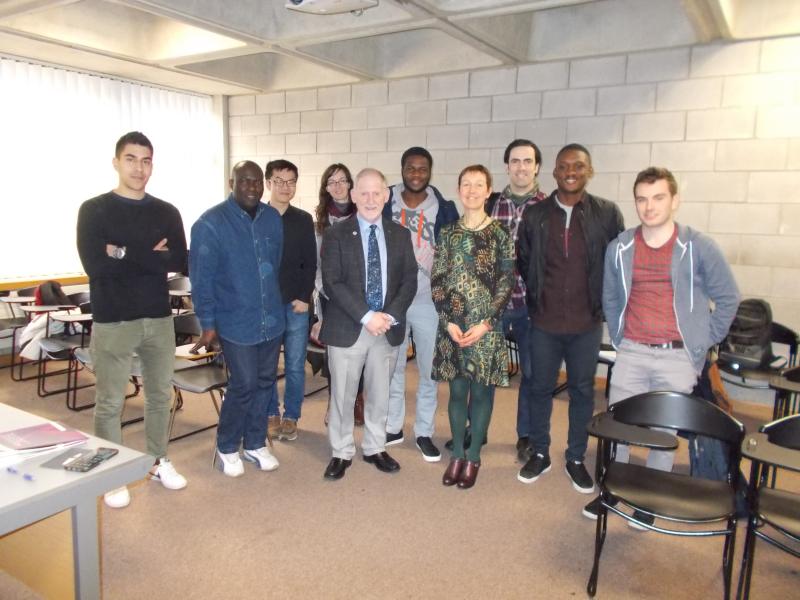We believe entrepreneurial activity can be a reality for all, having the power to generate positive change and impact society. Therefore the University of Limerick (UL) promotes entrepreneurship education (EE) to create greater inclusivity making entrepreneurial ambition accessible and realisable across all student cohorts, disciplines, education levels and socio-economic groups. The Business Consulting programme ‘lives’ the ethos of access and inclusivity, reaching out to the SME sector to provide start-ups, social enterprises, communities access to entrepreneurial supports, linking them with students to undertake projects.
The programme shows students that being an entrepreneur ‘can be for me’, centring on building ‘character’ (entrepreneur) and ‘capability’ (viable business) to develop students’ entrepreneurial mind-set. ‘Knowing’ and ‘doing’ are connected through entrepreneurial engagement- extending their learning beyond conventional/traditional classrooms. The novel aspect observes students ‘learning in the trenches’ emphasising experiential/immersive learning- providing opportunities to apply knowledge to real business scenarios. This learning embodies the ethos of “the proper place to study elephants is the jungle” immersing students in entrepreneurs “real” world, to collaboratively research and solve business opportunities/problems. This novel pedagogical interaction embraces narrative aspects of entrepreneurial learning, encouraging students to review/relate EE experiences to critically reflect on how this prepares them for entrepreneurial careers. The value of experimenting is highlighted through embedded ways of teaching entrepreneurship to resonate with entrepreneurs lived experiences. Additionally, a successful model of collaboration is demonstrated between students, academics and entrepreneurs committed to solving challenges in local regions/communities by leveraging innovative entrepreneurial ambition and action.


